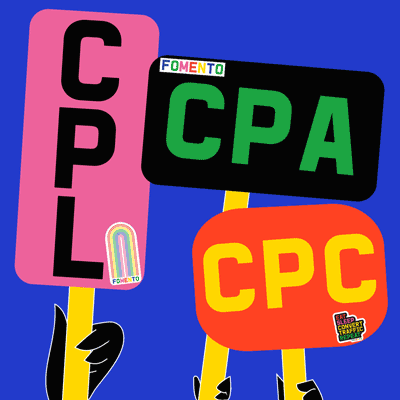THE DIFFERENT TYPES OF AFFILIATE MARKETING PROGRAMS

The Different Types of Programs
IN AFFILIATION MARKETING.
Importance of Transparency with Consumers
1. Cost Per Click (CPC)
● The CPC model is based on the number of clicks generated by affiliate links. Affiliates are paid each time a user clicks on a link, regardless of whether a sale is made. This model is advantageous for affiliates as it guarantees income for every click, irrespective of conversions. However, for merchants, this model can be risky as it does not ensure a direct return on investment, especially if the clicks do not convert into sales.
2. Cost Per Action (CPA)
● The CPA model compensates affiliates only when the user performs a specific action after clicking the affiliate link. This action can be signing up for a newsletter, filling out a form, or any other engagement defined by the merchant. This model offers a balance between risk and reward for both parties. Merchants only pay for significant actions that could potentially lead to a conversion, while affiliates need to target their audience more precisely to maximize their earnings.
3. Cost Per Lead (CPL)
● The CPL model focuses on generating qualified leads. Affiliates are compensated each time they generate a lead, meaning a user provides their contact information (such as an email address or phone number) in exchange for something (like an ebook, registration, etc.). This model is particularly useful for companies looking to build their database of potential customers. Affiliates might find this model attractive as it offers a middle ground between CPC and CPS: it does not require a direct sale but still demands some level of user engagement.

Advantages and Disadvantages of Each Type
C/O The Accountancy Partnership Suite 5, 5th Floor City Reach, 5 Greenwich View Place, London, England, E14 9NN Registration number 13674979


